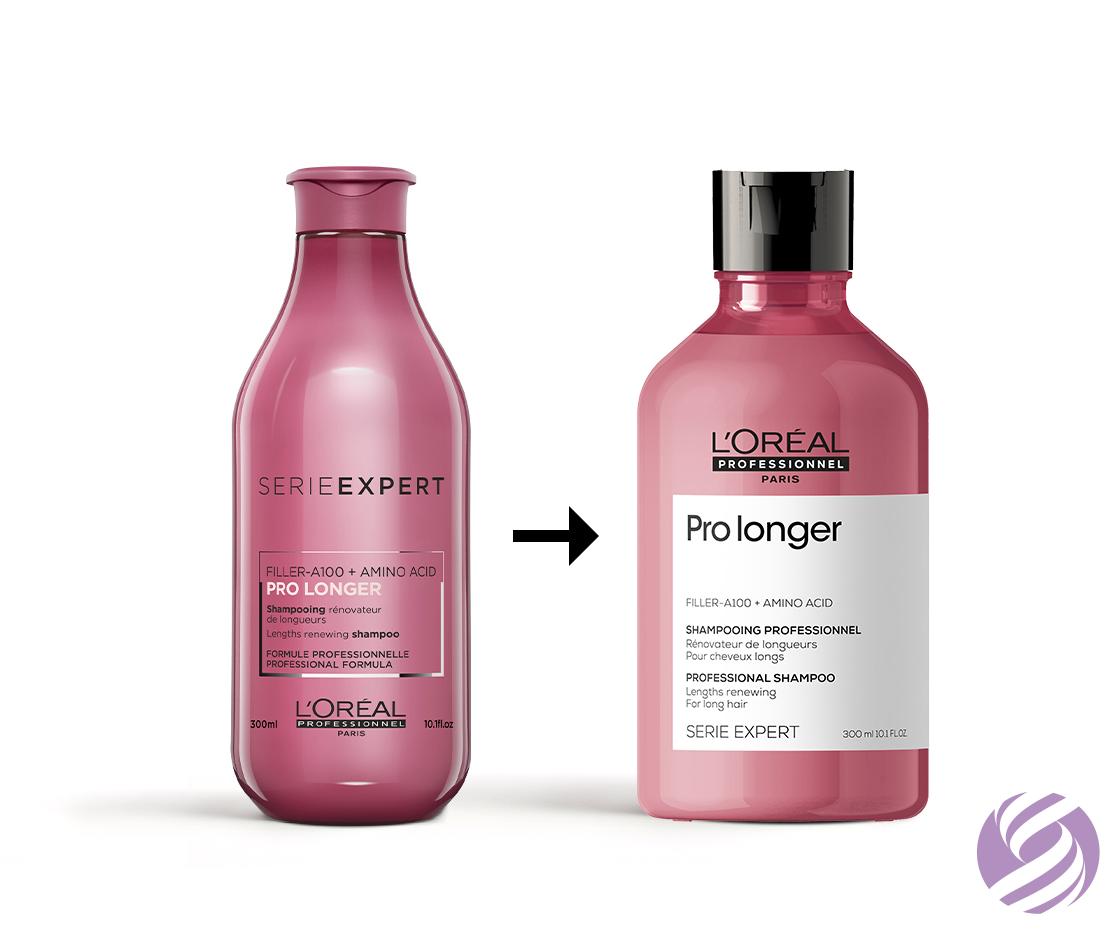
L'Oréal Professionnel Serie Expert Curl Expression čisticí šampon pro vlnité a kudrnaté vlasy | notino.cz
Loreal Paris Elseve Total Repair 5 regenerační šampon na poškozené vlasy 250 ml - VMD drogerie a parfumerie

Loreal Professionnel Serie Expert Absolut Repair šampon 500 ml - Značky A-Z : Vlasová kosmetika : ĽOréal Professionnel : ĽOréal Professionnel Série Expert : Absolut Repair - ExtraVlasy.cz

L´oréal Professionnel Série Expert Pro Longer Shampoo - Šampon pro obnovu délek vlasů 100 ml Cestovní balení — Profesionální kosmetika

Šampon pro zářivou barvu vlasů Loréal Professionnel Serie Expert Vitamino Color - 300 ml - L'Oréal ...















